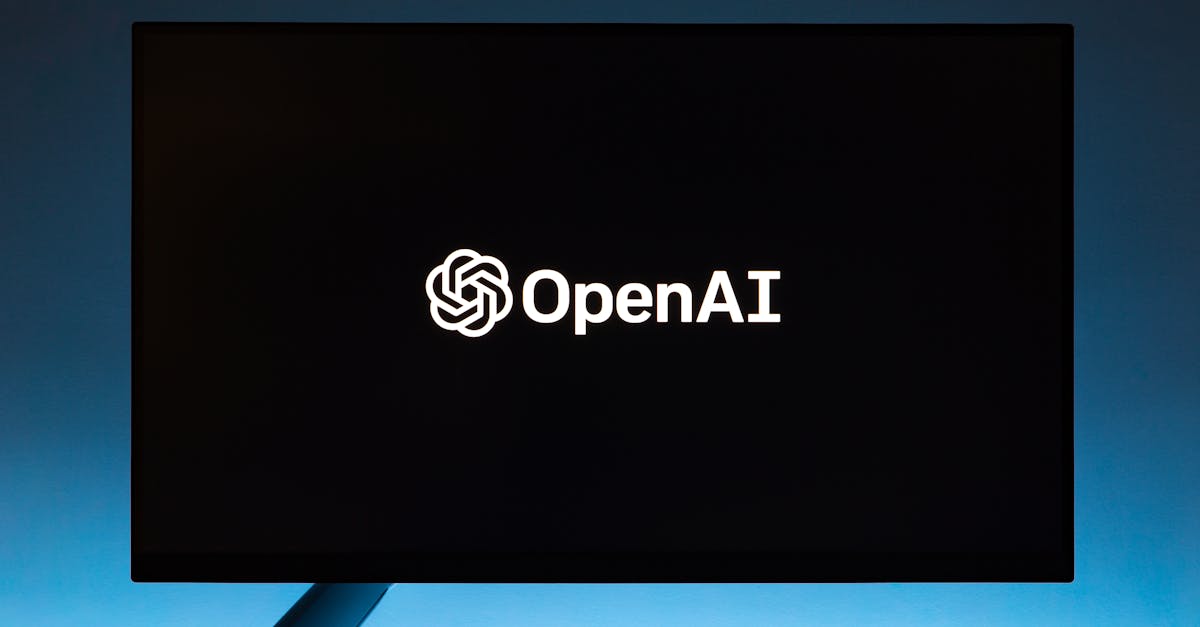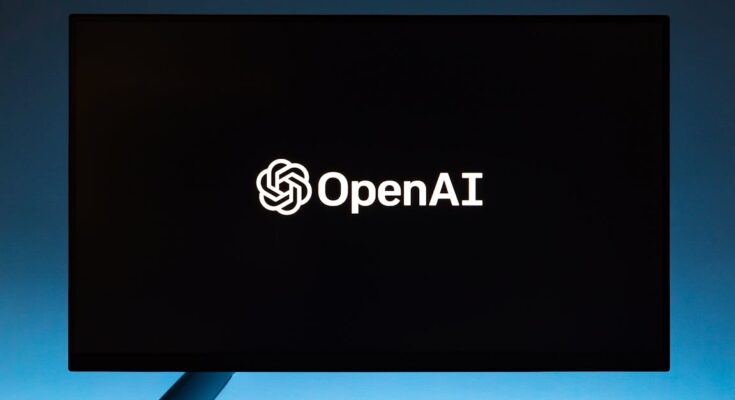Hey, marketing folks! Ever feel like you’re throwing darts blindfolded, trying to figure out who your customers really are and what they actually care about? Or maybe you’re swamped with repetitive tasks, wishing you had more time to dream up cool campaigns instead of crunching numbers or writing endless emails? You’re not alone. Reaching the right people with the right message, at the right time, feels tougher than ever in today’s crowded digital world. But what if there was a way to cut through the noise, understand your audience better than ever, and free up your time? That’s where artificial intelligence, or AI, comes in. We’re going to dive into how this smart technology is changing the game for marketers, making things clearer, faster, and way more effective. Get ready to see how AI can help you work smarter, not harder, and make your marketing efforts really hit the mark.
Getting a Crystal Clear View of Your Customers
Okay, so imagine you’re trying to sell your awesome homemade cookies. You could stand on a street corner yelling about them, hoping someone who likes cookies walks by. Or, you could figure out *who* loves cookies, *where* they hang out, and *why* they buy them (maybe they love the chocolate chips, or maybe they just need a little treat after a long day). AI helps you do that second thing, but on a massive scale for your business. It can look at tons of data – stuff like what people click on, what they buy, what they say on social media, even how long they look at a certain page on your website. Instead of just guessing, AI can spot patterns you’d never see. It can tell you, “Hey, people in this age group living in this area who previously bought X are highly likely to be interested in Y.”
Think about it like this: a coffee shop owner wants to know why some customers buy a latte every single morning while others only show up on weekends for a fancy pastry. AI could analyze purchase history, loyalty app data, maybe even weather patterns, and tell them things like, “People who buy lattes daily often also buy a specific type of breakfast sandwich and visit between 7 AM and 8 AM.” This isn’t magic; it’s just looking at data super fast and finding connections. Knowing these things means the owner can send a targeted offer (“Buy a latte and get that sandwich for half price before 8 AM!”) instead of just sending a generic coupon to everyone. AI helps you stop treating everyone the same and start seeing them as the unique individuals they are, with different needs and wants.
Making Your Messages Feel Personal
Once you have a better idea of who you’re talking to, the next step is saying something that actually resonates with them. You wouldn’t talk the same way to your best friend as you would to your teacher, right? Marketing messages should be the same way. Blasting the same email or ad to everyone is like trying to wear a one-size-fits-all hat – it rarely fits anyone perfectly. AI is amazing at personalization.
It can help craft emails that feel like they were written just for the person reading them. Maybe AI sees someone frequently browses your running shoes but never buys. It can help write an email showing off the latest running shoe tech or sharing a blog post about the benefits of running. Or perhaps someone bought a puppy bed from your pet store site. AI can trigger an email a few weeks later with tips for new puppy owners and maybe a discount on puppy food or toys. Some super smart AI tools can even help write different versions of ad copy or website headlines and test which ones work best for different groups of people automatically. It takes the guesswork out of figuring out what words will connect, making your marketing feel less like a broadcast and more like a one-on-one chat.
Knowing Where to Show Up
Okay, you know *who* you want to talk to and *what* you want to say. But *where* should you say it? In the old days, you might just buy ads in the local newspaper or on TV and hope your target audience saw them. Now, there are a million places people hang out online: Facebook, Instagram, TikTok, Google searches, specific websites, apps… it’s overwhelming!
AI helps cut through this noise by figuring out the best places and times to show your ads or content. It can analyze past campaign performance data across different platforms and tell you which channels are actually bringing in results for specific goals (like getting clicks, signing up for something, or actually buying). It’s like having a super-smart friend who watches where your customers spend their time online and tells you, “Hey, people who buy your gardening tools spend a lot of time on this specific gardening blog and are usually online between 6 PM and 9 PM. You should definitely run ads there during those hours!” AI can even help predict which keywords people are likely to use when searching for products or services like yours, making your search engine marketing way more effective. This means you’re not wasting money showing your message to people who aren’t interested or on platforms where your audience isn’t hanging out.
Putting Ad Campaigns on Autopilot (Sort Of)
Running online ad campaigns can feel like juggling chainsaws. You’ve got budgets, bids, different ad versions, targeting options, and you have to constantly monitor everything and make tweaks. It’s a lot to handle! AI can take on some of this heavy lifting, acting like a tireless assistant who never sleeps.
Many advertising platforms now use AI to help optimize campaigns in real-time. For instance, AI can automatically adjust how much you’re willing to pay for an ad click based on how likely that click is to turn into a sale. It can shift your budget towards the ads that are performing best or the audiences that are most responsive. Imagine you have five different ads running for the same product. AI can see that Ad version C is getting way more clicks and purchases from people aged 25-34 than the others, while Ad version E is crushing it with the 35-44 crowd. AI can then automatically show Ad C more often to the younger group and Ad E more often to the older group, maximizing your results without you having to manually monitor and adjust everything 24/7. It frees you up to focus on the bigger picture, like planning the next creative idea.
Chatting with Customers Around the Clock
Customer questions pop up all the time, right? Before AI, you needed a team of people answering phones, emails, and social media messages. This can get expensive and slow, especially outside of normal business hours. Enter chatbots and AI-powered customer service tools.
These aren’t just those annoying pop-ups on websites anymore. AI-driven chatbots can understand complex questions, pull information from your website or knowledge base, and provide instant, accurate answers to common queries. Need to know your order status? Want to return something? Have a question about product features? An AI chatbot can handle many of these interactions instantly, 24/7. For more complicated issues, AI can gather all the necessary information from the customer upfront before handing them off to a human representative, saving everyone time. It’s like having a super helpful, patient employee who knows the answers to everything and is always available, making customers feel supported and getting them the info they need faster.
Getting Your Time Back
Let’s be real, marketing involves a bunch of tasks that aren’t always the most exciting but totally need to get done. Things like organizing data, scheduling social media posts, basic email replies, reporting on campaign performance – these tasks can eat up a huge chunk of your day. AI is fantastic at automating these repetitive, time-consuming jobs.
Picture this: instead of manually pulling data from five different sources to create a report, AI can do it for you instantly and even highlight the most important trends. Instead of spending hours scheduling social posts across different platforms, AI tools can handle the scheduling and even suggest the best times to post for maximum engagement. Some AI writing tools can even help draft initial versions of emails, social media captions, or simple product descriptions, giving you a head start and saving you from staring at a blank page. By offloading these tasks to AI, marketers get precious time back. Time they can use for more creative thinking, strategizing, building relationships, or tackling the really complex problems that still need a human touch.
Looking Towards What’s Next
So, we’ve seen how AI can help you understand people better, talk to them personally, find them online, run smarter ads, and even chat with them automatically. But this is just the beginning! AI is evolving super fast, and its role in marketing is only going to grow. We’re already seeing AI help with generating unique images or videos, predicting future customer behavior with even more accuracy, and creating highly interactive experiences.
The cool thing is, you don’t need to be a tech wizard to start using AI in marketing. Many of the tools marketers already use, like social media schedulers, email platforms, and ad platforms, are quietly building AI features right into them. It’s becoming less about learning complex code and more about understanding how these smart tools can help you achieve your goals. The future of marketing looks like a partnership between human creativity and AI’s power to analyze, automate, and personalize on a scale never before possible. It’s about embracing these tools to work smarter and make marketing more effective and maybe even a little more fun.
Okay, so we’ve taken a whirlwind tour of how AI is shaking things up in the marketing world. We talked about how it gives you that super-clear picture of who your customers actually are, moving past guesswork to real insights. Then, we saw how it helps you talk to them in a way that feels personal and relevant, making your messages hit home instead of getting lost in the noise. We also touched on how AI guides you to the right places online to find your audience and helps manage those tricky ad campaigns more effectively, saving you time and money. And let’s not forget those helpful chatbots keeping customers happy 24/7 and how AI just generally helps you reclaim your time by automating the tedious stuff. The bottom line? AI isn’t some futuristic concept; it’s here now, offering practical ways to make your marketing efforts way more impactful. By getting smart with AI, you can understand your audience deeply, reach them effectively, and free yourself up to do the creative, strategic work that really makes a difference. It’s time to lean into these tools and watch your marketing thrive.




